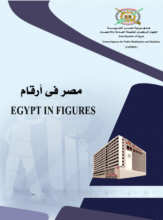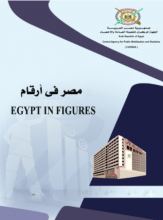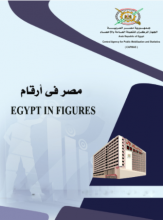Macroeconomy
Since the revolution of early 2011, Tunisia’s political transition is moving ahead. The new authorities are facing a legacy of social and economic challenges and increased vulnerabilities. The previous regime’s state-centered development model delivered for several years high growth and stability but favored a few privileged, and left unemployment at a high level, substantial economic and social disparities across regions, and a sense of denied opportunities. In 2011, amid domestic and regional turmoil, Tunisia experienced a severe recession, its external position deteriorated and unemployment reached unprecedented levels. The authorities tried to mitigate the effects of the recession on households and businesses with an increase in current public spending and a large monetary injection. However, these also led to the buildup of increased vulnerabilities in the financial sector, some inflationary pressures, and losses in foreign reserves.
Related Topics
-
Egypt in Figures - Population 2022
2022"Egypt in Figures" is a booklet issued each year by the Central Agency for Public Mobilization and Statistics (CAPMAS). It contains the most...Read More -
Egypt in Figures - Education 2022
2022"Egypt in Figures" is a booklet issued each year by the Central Agency for Public Mobilization and Statistics (CAPMAS). It contains the most...Read More -
Egypt in Figures - Economy 2022
2022"Egypt in Figures" is a booklet issued each year by the Central Agency for Public Mobilization and Statistics (CAPMAS). It contains the most...Read More


